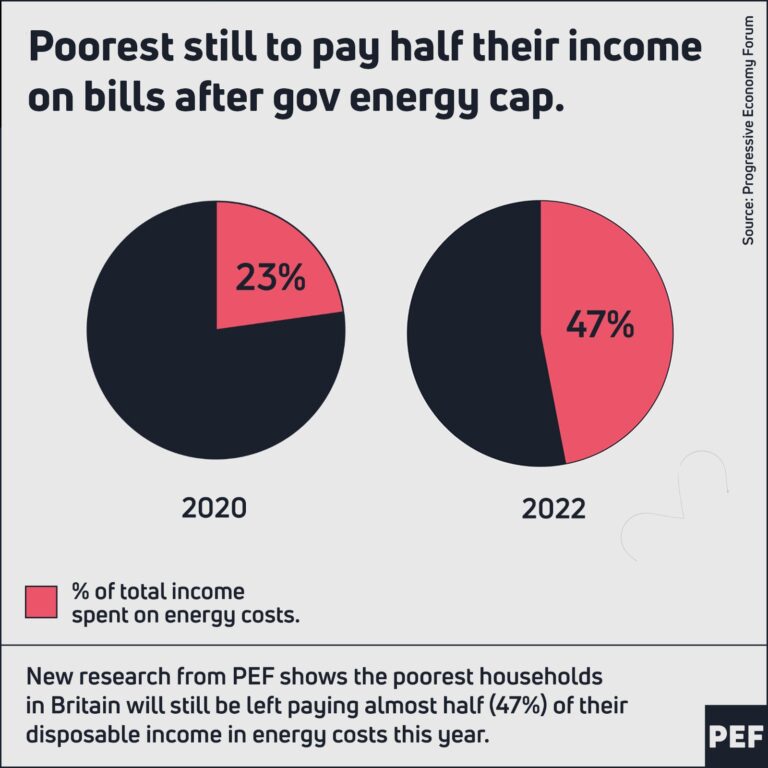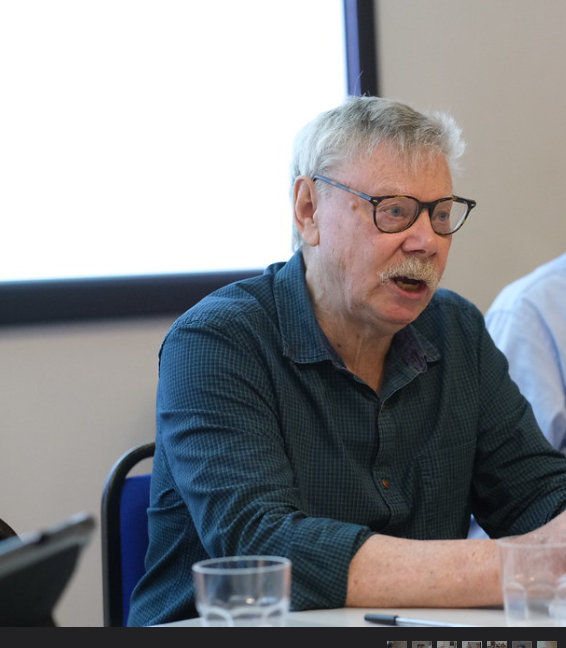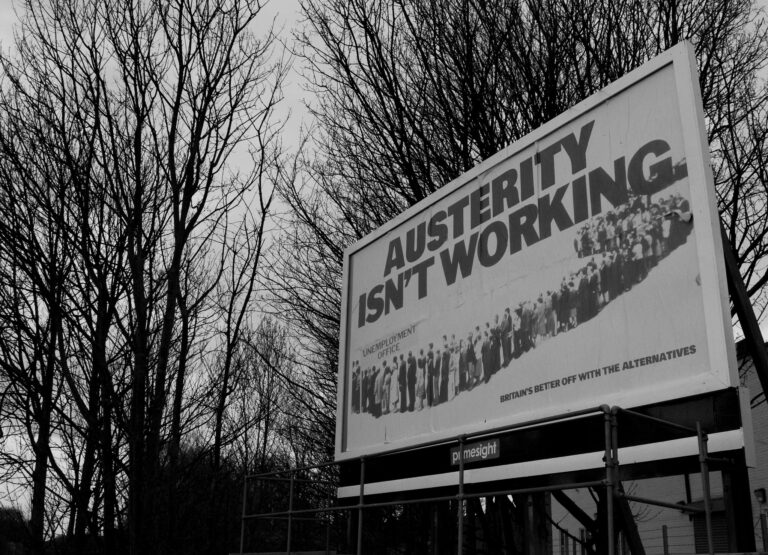In January 1918, the global pandemic known as ‘Spanish flu’ began, and by its end in December 1920, well over 40 million people had died. That tragedy hopefully dwarfs what will happen as the coronavirus pandemic unfolds. But paradoxically the economic crisis that is accompanying it will be far greater.
The reason is that a global economic crisis has been waiting to happen for several years. The global economic system that has taken shape over the past four decades is much more fragile than in 1918, even though Europe had been devastated by the Great War.
Then, the rising global power, the United States, was in reasonable economic shape. Its private debt was just over 50% of national income. Thereafter, it started to rise, reaching a peak of 140% in the Great Depression. By contrast, today as the economic recession begins with rapid tumbles of stock exchanges all over the world and with Chinese factories – the world’s industrial workshop – closed, the level of US private debt is over 150% of its national income, only a little down from its peak in the financial crisis of 2008.
Moreover, US corporate debt is higher than it has ever been, at 73% of GDP. With today’s global production chains meaning that disruptions in one part of the world feed through to similar or worse disruptions elsewhere, that spells trouble. Over 90% of Fortune 1000 companies (i.e., the world’s major corporations) will face supply chain disruptions due to coronavirus. And a slowdown in industrial production was already happening in all major industrialised countries before the virus started.
These indicators may not mean much to most non-economist readers. But they indicate incredible economic fragility, especially as private and corporate indebtedness are characteristic of every national economy. The simple fact is that we live in an era of rentier capitalism, when more income flows to owners of physical, financial and intellectual property, leaving the vast majority in structural economic insecurity.
If, as is likely, the stock market declines seen in recent weeks and the production system disruptions persist, millions of people all over the world will suffer declining incomes that will make a large proportion of them unable to service their debt. Millions more will respond to the decline in their financial wealth by curbing spending, lowering demand and raising unemployment.
As millions more are in the global precariat than was the case even a decade ago, with uncertain and fluctuating incomes and living on the edge of unsustainable debt, many will be highly vulnerable to any economic downturn. As millions of workers in and outside the precariat now lack access to support to deal with the vagaries of living and lack entitlement to insurance-based state benefits, the economic decline will have strong multiplier effects that will lead to more homelessness, more bankruptcies, and rising morbidity and mortality, above that associated directly to the pandemic.
All of that will lead to more social fragility, with loss of sanitation and a weakening of immune systems. And the effects will be worsened by the high levels of inequality, so that many more people will be plunged into the precariat. Social effects will include a mass attempt at ‘self-isolation’, by staying away from workplaces and places of mass entertainment, further weakening the economy.
Just as the assassination of the Austrian Archduke in August 1914 was the spark that lit the contagion of the Great War, but not its structural cause, so we may come to see the coronavirus pandemic as the spark that began the oncoming global economic crisis, but not its fundamental cause. Those who shaped or defended the existing global economic system should not be allowed to blame the economic crisis on the virus.
In the circumstances, the first economic need is to find ways of giving our economies and ourselves much greater social, economic and political resilience. The world’s governments and institutions must not repeat the mistakes made in the wake of the financial crisis of 2007-8.
That means not indulging in the toxic mix of austerity policies – cutting public social spending in a prolonged attempt to cut public budget deficits, enfeebling social services and public infrastructure and deleting the commons – and so-called Quantitative Easing, by which central banks and the European Central Bank pumped hundreds of billions of dollars, euros and pounds into the financial markets. All of that further enriched the financiers at the cost of slower economic growth and worse inequality. We may not want the economic growth, for ecological reasons, but we certainly do not want more inequality.
Instead, governments should ignore the stock markets and let the financial sector adjust in what most of its practitioners claim to believe in, an undistorted market without the direct intervention of the state. And instead, they should give ordinary people the means of greater resilience. The optimum way to do that would be to guarantee everybody in our societies with basic income security.
One place that has taken the lead is Hong Kong, which has paid all its citizens a one-off per capita payment of HK$10,000 (about 1,140 Euros). But that has a double failing. It is too small an amount to give sustainable income resilience, and it is a lump sum that risks a ‘weakness-of-will’ effect, that is, risking some people spending it all at once.
A much better policy would be to use the situation as an opportunity to introduce a basic income system, at least initially as lasting for the duration of the pandemic, giving every legal resident in the country with a modest monthly payment, without conditions as a right. The monthly amount could be adjusted up or down depending on the severity of the recession, as an automatic economic stabiliser, maintaining aggregate demand and giving individuals, families and communities greater resilience.
The basic income could be financed just as Quantitative Easing was financed, although it should also be linked to a new set of ecological taxes, starting with a carbon tax. It is eminently affordable.
A basic income system would also help in the fight against both the medical crisis and the longer-term ecological crisis, which defines our age. It would enable people to avoid going to workplaces if they considered that doing so would be a substantial risk to themselves and their loved ones. It would make it more feasible to foster an ethos of de-growth, which those of us angered and frightened by global warming and the threat of extinction of nature so desperately want. We could use it to help us slow down in the way we live, and if not become ‘self-isolated’ at least spend more time with our families and in our local communities.
Other policies will be needed, of course, including rolling back rentier capitalism. But those not thriving on finance and stock markets should have first priority, and not be left with the false promise that reviving economic growth through more conventional means will ‘trickle down’ eventually to benefit everybody. There should be no mirage this time. We should tell our governments, ‘Just do it!’
Guy Standing’s new book, Battling Eight Giants: Basic Income Now, is published this month.
The original version of this piece was published in El Pais, here. Photo credit: Flickr/Juanjo + Willow.








